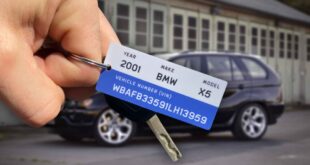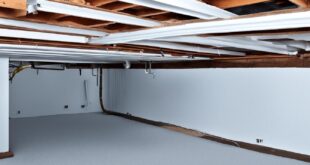Tools and equipment will wear over time, but the wearing process can be rapid if you don’t care for your tools. Routine maintenance checks should be done on a piece of equipment that has more stress on attachments, moving parts, or areas subjected to daily work.
Having metal tools is a common thing in households and industries. The tools will differ since industries require large and complex metal equipment, while households have smaller tools for DIY projects.
However, according to Reid Supply, even the smallest parts, such as threads, should be replaced if they’re worn out. All of these tools require good maintenance practices to function well, else you’ll find yourself spending more money replacing them.
How To Maintain Metal Tools
One basic thing about your metal tools and equipment is that they’ll serve you for a long time, especially if you take good care of them. If you neglect them, then be prepared to purchase other tools again.
So, if you’re looking for an excellent way to keep your tools functioning for a long time, here are some maintenance tips to follow:
1. Repair When Needed
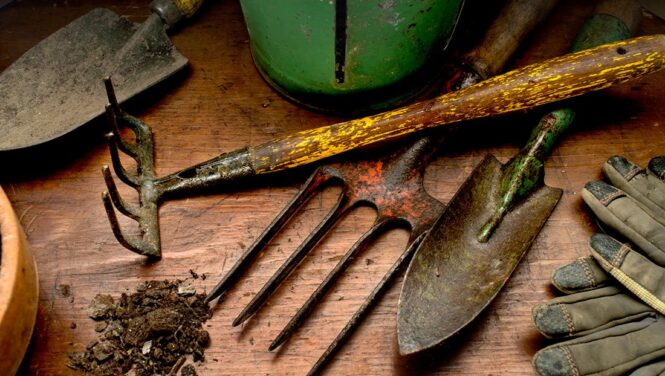
Sometimes, your tools and machines will give you a sign that they need repairs, and you shouldn’t turn a blind eye to these signs as they could damage the equipment. Such signs could be loose bolts and nuts on handles and machines, broken parts, or worn-out threads. Replacing parts, such as worn-out threads, with new and stronger ones is advisable to help hold parts together.
When these problems aren’t worked on early enough, parts may fall apart and destroy other parts of your machines. The tools could also injure users if bolts and nuts are loose. The sooner you repair your tools, the minor the damage.
2. Use Your Tools Correctly
Using your tools in the right way will help you avoid damaging them, serving you for a very long time before needing repairs. A common misuse is when people use cutting tools to dig on the ground. Doing so will make the tools blunt. Do note that some tools are meant to cut trees and woods, while others are meant to cut metal materials. Interchanging the tools will damage them.
If you may have trouble identifying between two tools and how you should use them, or if you fear someone else may be confused, you can label them. Even though labeling might seem too much work, it’ll be conducive to protecting your tools from damage.
3. Keep Your Tools Lubricated
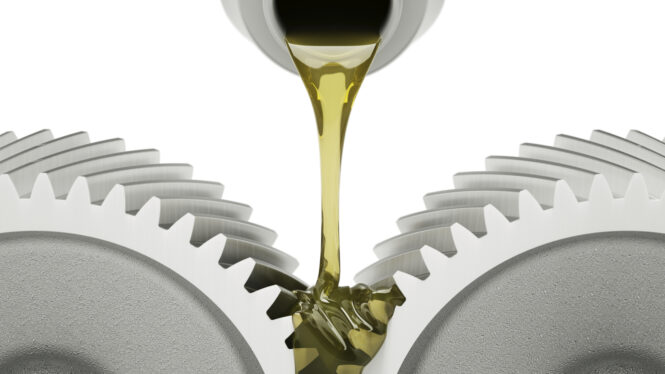
Lubrication is very crucial for machines that have rotating parts, such as motors and wheels. You should make it a habit to lubricate your equipment and tools after a specific period, such as a week.
First, ensure that the rotating parts have enough grease on the joints and rotating points. Also, ensure you change your oil and keep it at the required level to help lubricate any internal component of the equipment.
Friction caused by constant movements and parts can cause wear and tear on those parts, affecting how the machine functions. Lubricating your equipment and tools will protect those crucial parts for an extended period. The lubricants can also protect the equipment from excess heat buildup caused by friction.
4. Sharpen Your Tools
As mentioned, some of your metal tools are meant for chopping, cutting, or sawing things. Therefore, the tools have to be sharp to work appropriately, ensuring minimal effort to cut things. Also, when you’re cutting materials, you’d want them to be in a particular shape. However, if the tools are blunt, you won’t achieve this, causing you inconvenience.
Therefore, make it a routine to sharpen your cutting tools and equipment. Every time you’re about to use any of these tools, check on the sharpness.
5. Store Tools Properly
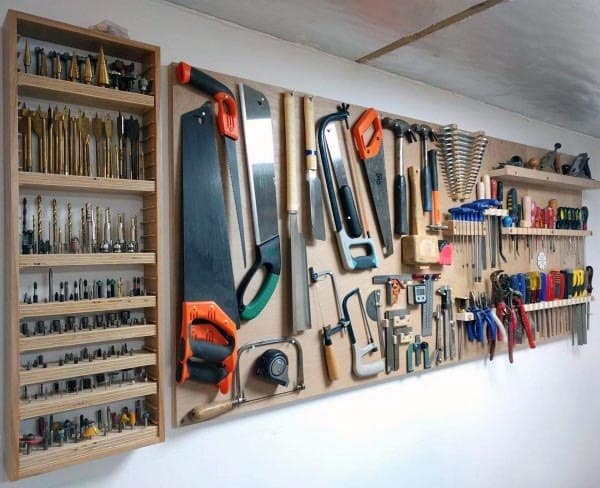
How you store your tools is also an important maintenance tip. For small tools, you can use a toolbox or a drawer. For medium and large equipment, you can set aside a room, such as a basement or a garage, for storage.
When storing your tools, ensure that you keep them in a place away from water or any dampness to protect them from corrosion and rust. Also, proper storage will help you organize all your tools, hence you won’t have to worry about losing them or having them mixed up. Everything should be in its place.
6. Clean And Service Equipment
Many people often overlook cleaning, and once they’ve used the tools, they’ll store them with all the dust and debris on them. However, it should be noted that they have to be cleaned regularly for the tools to function correctly. For handy tools, you should clean them daily, while others can be cleaned every week.
For some other metal machines that may need to be disassembled first before they’re cleaned, then reassembled, you should look for a professional to do so if you don’t have the technical know-how. You should also note that not all tools are cleaned using water. Others require a special type of liquid, such as petrol, when cleaning. Any mix-up may destroy your equipment.
7. Use The Right Parts And Accessories
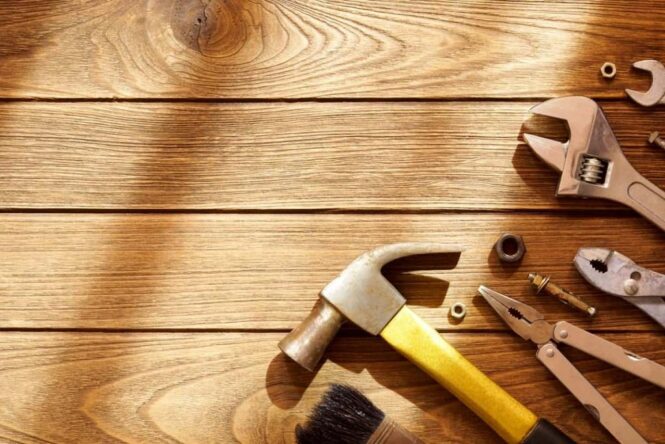
One problem tools and equipment face is there are so many parts that aren’t authentic in the market. If you’re not keen enough, you may buy accessories that won’t serve you for a long time. Moreover, if you’re buying accessories, make sure it’s meant for that specific equipment. Even if the part is from a reliable dealer and isn’t meant for a specific model, it can damage the equipment.
After getting the right parts, make sure you fit them properly; the alignment should be correct before using them. Wrong installation of the parts can also damage your equipment. You can ask a technician to do complex parts or strictly follow a manual.
Conclusion
Since tools play an important role in our daily activities, maintaining them should be your responsibility. Most of the tools and equipment in a homestead or an industry are made from metals, which durable, making them a perfect choice for tools and materials. However, they can’t be durable without the proper care. Following these maintenance tips will help you keep your tools and equipment in the best possible form to serve you for a long time.
 Imagup General Magazine 2024
Imagup General Magazine 2024


